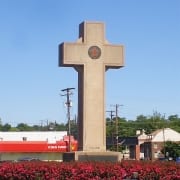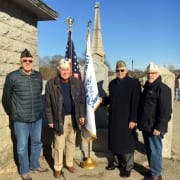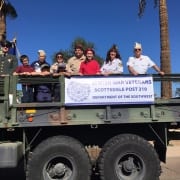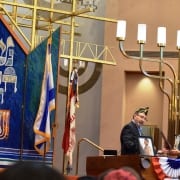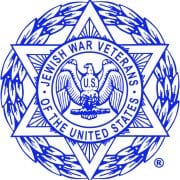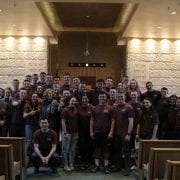The Cross May Stand, Though it Offends
By Harvey Weiner,
Former JWV National Judge Advocate
here is an old legal adage that bad cases make bad law. It was clear from the start that filing a lawsuit to remove the 40-foot World War I memorial cross in Bladensburg, Maryland was the wrong case at the wrong time. Nevertheless, the American Humanist Association (AHA) brought the case without input from the JWV. If the very conservative U.S. Supreme Court took the case, it was likely the Court would either ignore it or overturn decades of favorable legal precedents, which were mainly achieved by the JWV.
Once the Supreme Court took the case, JWV had no choice but to submit an amicus (friend of court) brief to have its voice heard. There were seven other amicus briefs in addition to the ones filed by the AHA and JWV.
The American Civil Liberties Union, which had represented the JWV in prior war memorial cross cases declined to participate. The law firm of Jenner & Block and the Chicago Law School stepped in to help the JWV.
The JWV brief mentioned that Jewish-Americans had served in all of America’s wars and through the Vietnam War, served in greater numbers than their proportion in the general population, that JWV is the country’s oldest active veterans service organization, that approximately 250,000 Jewish-Americans served in World War I, and that 3,500 Jewish-Americans died in that war. The case was argued on February 27, 2019. That morning, the JWV National Judge Advocate spoke at the Honor Them All rally in front of the courthouse. During arguments, Justice Brett Kavanaugh referenced the JWV amicus brief in one of his questions, which is highly unusual.
On June 20, 2019 the Supreme Court issued its decision which, as expected, allows the cross to remain in place. The majority opinion, concurring opinion, and dissenting opinion all mentioned the JWV amicus brief.
This case helped publicize JWV’s purpose of affirming Jewish-American presence in all of America’s wars.
Both the majority and the dissent quoted from John McCrae’s famous World War I poem “In Flanders Fields,” the first stanza of which is as follows:
In Flanders fields the poppies blow
Between the crosses, row on row,
That mark our place; and in the sky
The larks, still bravely singing, fly
Scarce heard amid the guns below.
We are the Dead. Short days ago
We lived, felt drawn, saw sunset glow,
Loved, and were loved, and now we lie
In Flanders fields.
After the SCOTUS decision, a revised version might read as follows:
In Bladensburg, a cross did stand
Between three streets on public land
That honor those killed in World War One,
Who, through Christ, will live anon
Though not so those who don’t believe.
We are the Court. So do not grieve.
We worked. Seven opinions did we weave.
The cross may stand, though it offends,
In Bladensburg
Volume 73. Number 3. 2019
